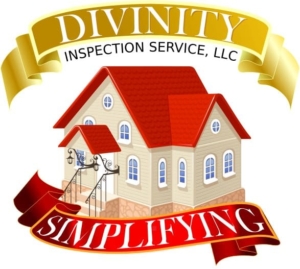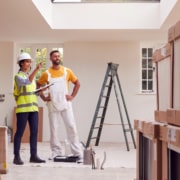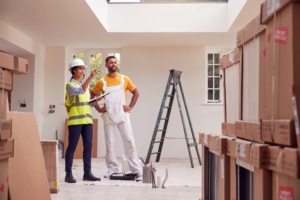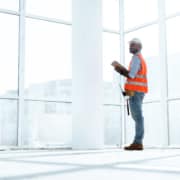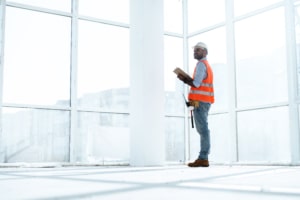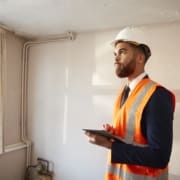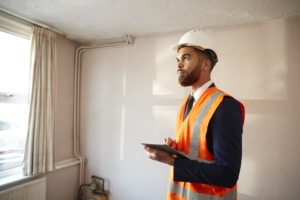How to Choose a Home Inspector in Florida
Homeownership in the Tampa Bay Area can be a rewarding experience, but it also comes with challenges. You may wonder how to choose a home inspector in Florida correctly. After all, there are so many to choose from!
How do you pick one that you can trust?
Well, you’re in luck because we are here to help simplify that process for you!
Understanding the Role of a Home Inspector
A home inspector is a professional who inspects a house or other building in order to determine its overall condition. As they inspect your home, they fill out an inspection report.
For both buyers and sellers, an objective condition assessment is invaluable! This official documentation provides you with something you can present to others.
An inspection report is extremely useful when filing insurance claims or hiring contractors.
Learning about the true condition of your home or commercial property is crucial because it points out any issues that may lower the property’s value or put you in danger.
Why Choosing the Right Home Inspector Matters
The importance of a thorough, expert home inspection cannot be understated. This crucial step can protect you from unexpected repair costs or safety issues down the line.
A high-quality home inspector will provide a comprehensive assessment, ensuring that every aspect of the property is evaluated. From the rooftop to the foundation, and everything in between, the entire building will be covered.
Key Factors to Consider when Choosing a Home Inspector
When looking for a home inspector in Florida, it is important to think about the following:
-
Licensing and Certifications
In Tampa, home inspectors must hold a valid license from the Florida Department of Business and Professional Regulation. Don’t hesitate to ask for their license number and cross-check it with the state’s official database.
-
Experience and Expertise
Look for a home inspector with extensive experience and knowledge of our state’s unique climate and construction styles. An inspector with years of experience and a deep understanding of Florida’s local building codes and regulations will be able to provide a more thorough and accurate assessment.
-
Professional Affiliations
Home inspectors associated with professional organizations, such as the American Society of Home Inspectors (ASHI) or the International Association of Certified Home Inspectors (InterNACHI), are generally held to higher standards and follow strict codes of ethics and standards of practice.
-
Sample Reports
Request a sample report from the Divinity Inspection Service. A comprehensive report should be detailed, easy to understand, and include clear images.
It should provide you with an in-depth understanding of any potential issues found during the inspection.
-
Additional Services
Divinity Inspection Services offers additional services, such as termite inspections, mold testing, and radon testing. With these extra services, you can get a better idea of the property’s overall condition.
-
Recommendations and Reviews
Online reviews and personal recommendations can be valuable resources when choosing a home inspector. Hearing about the experiences of others can provide insights into an inspector’s professionalism, thoroughness, and customer service.
Check out Divinity Inspection Services testimonials!
How to Choose a Home Inspector for Success
It’s essential to understand “How to Choose a Home Inspector” who can provide a comprehensive, detailed report. Choosing the right home inspector in Tampa, Florida, requires a thoughtful and careful approach. But the peace of mind and security it provides are priceless.
Remember to consider your next home inspector’s
- Licensing
- Experience
- Affiliations
- Reports
- Services
- Reputation
With these considerations in mind, you’ll be well on your way to securing a comprehensive, accurate, and helpful home inspection.
If you are looking for a certified inspector to inspect your home or business in Hillsborough, Pinellas, or Pasco counties, Reach out to us at Divinity Inspection Services.
With a team of highly experienced, knowledgeable, and licensed inspectors, we pride ourselves on providing thorough, unbiased, and comprehensive inspections. Whether you own a home, are looking to buy a home, or run a business, our detailed reports will give you the information you need to make smart decisions.
You can count on us to help you make choices about your property in Florida with clarity, confidence, and peace of mind. We’re just a call away, ready to serve you with the utmost professionalism and expertise.
